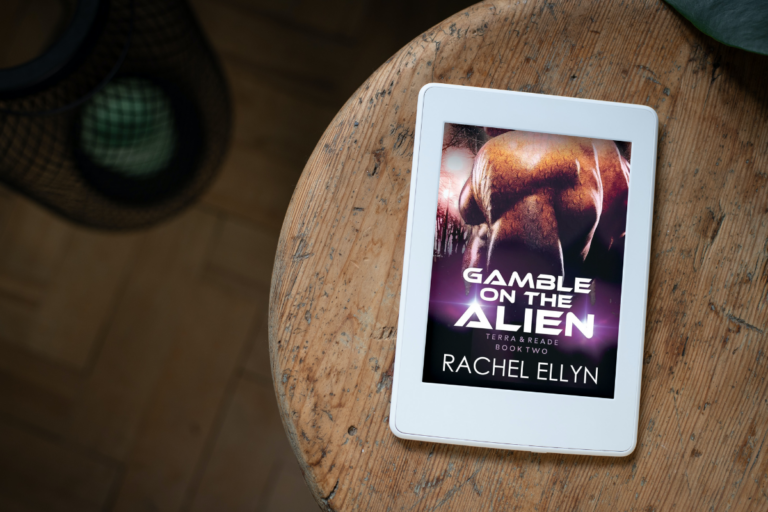We’ve all been there. You started an Advanced Reader Copy, but it just isn’t clicking. Whether it’s the storyline, pacing, or a hundred other reasons, sometimes a book just doesn’t work for you. Here’s how to handle a DNF (Did Not Finish) without burning bridges.
Sometimes, despite our best intentions, an ARC read just doesn’t work out. Maybe the storyline doesn’t resonate, the characters fall flat, or life’s demands pull you away. Whatever the reason, here’s a quick guide on how to handle it with respect and professionalism.
Be Honest with Yourself and the Author
First things first: accept that it’s okay to DNF. Not every book is going to resonate with every reader, and authors understand this. The key is how you handle it.
Key points to remember:
- Consider reaching out to the author or ARC coordinator. A simple, respectful message goes a long way.
- Explain briefly (but honestly) why you won’t be finishing. For example, “I found it hard to connect with the storyline, but I appreciate the opportunity.”
The Review Decision
This is often a gray area that many ARC readers struggle with. If you’ve read enough to form a fair opinion, you can still leave a review, but it’s important to keep it professional and constructive.
When reviewing a DNF:
- Acknowledge the book’s strengths (maybe it’s the writing style, world-building, or specific characters) before gently sharing why it didn’t work for you.
- Avoid overly critical language; aim for feedback that’s both honest and fair.
- Consider saying something like: “While the characters didn’t resonate with me, fans of X genre might love the unique world-building.”
Offering Private Feedback
Sometimes, direct communication with the author can be the most valuable approach. Some authors appreciate understanding why their book didn’t connect with a reader, as it helps them better target their future ARC teams.
If you choose to provide private feedback:
- Mention specific elements that didn’t resonate without going into harsh detail
- Keep your tone professional and constructive
- Consider suggesting ways the author might better target future ARC readers
Moving Forward
Remember that DNFing an ARC isn’t the end of the world – or your ARC reading career. How you handle the situation matters more than the DNF itself.
Key takeaways:
- Respect the ARC Process: DNFing is okay, but handle it with respect
- Stay Professional: Whether leaving a review or giving private feedback, keep your tone constructive
- Remember Future Opportunities: Authors and ARC teams appreciate honest, considerate communication
FAQ
Q: Will DNFing an ARC get me blacklisted from future opportunities? A: Not if handled professionally. Most authors appreciate honest, respectful communication over forced reads and insincere reviews.
Q: Should I mention specific issues I found with the book? A: If providing private feedback, focus on constructive observations rather than detailed criticism. Keep public reviews balanced and fair.
Q: What’s the minimum I should read before deciding to DNF? A: While this varies, aim to read at least 20-30% before making your decision. This gives you enough context to provide meaningful feedback if needed.
Remember: DNFing doesn’t mean burning bridges; it’s simply about being honest while showing respect for the author’s work. Handled thoughtfully, it can still be a positive experience for both parties.





